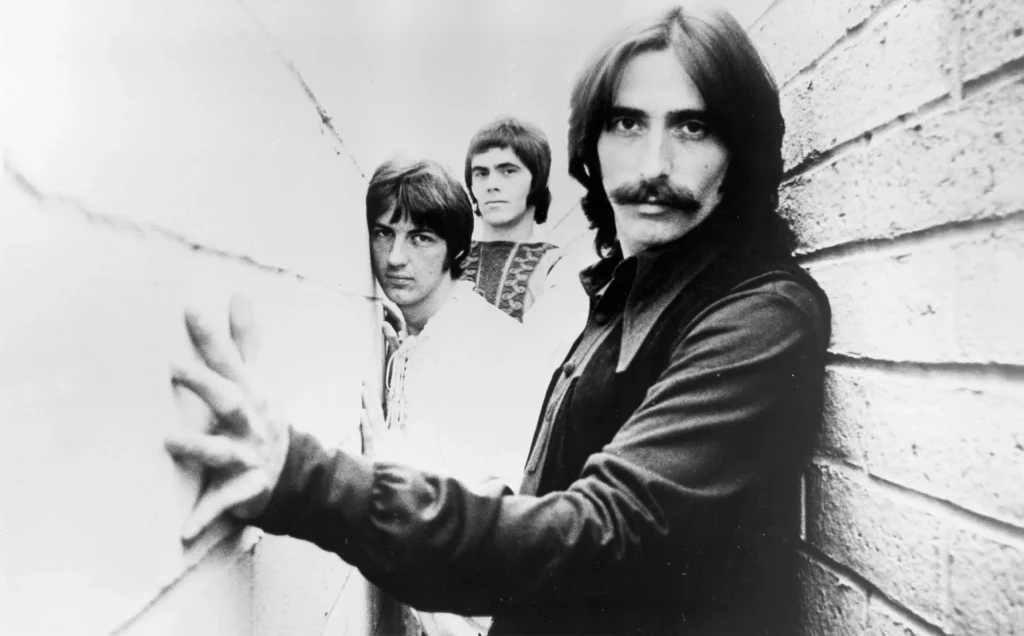
A cautionary tale of youthful exuberance clashing with parental wisdom, painted with a vibrant palette of rock and roll.
Three Dog Night‘s “Mama Told Me (Not to Come)” remains a timeless rock anthem, a vibrant snapshot of a generation grappling with societal shifts and the irresistible pull of the unknown. Released in 1970 as part of their album It Ain’t Easy, the song soared to the top of the Billboard Hot 100, solidifying the band’s status as hitmakers and capturing the zeitgeist of the era. This wasn’t just another chart-topper; it was a cultural touchstone, a musical embodiment of the tension between youthful curiosity and parental caution.
The song, penned by Randy Newman, wasn’t originally intended for Three Dog Night. Newman himself recorded a more subdued version, showcasing his signature sardonic wit. However, it was Three Dog Night‘s dynamic, high-energy rendition that catapulted the song to iconic status. The band transformed Newman’s wry observation into a full-blown rock spectacle, complete with driving rhythms and Cory Wells’s powerful vocals. This transformation is a testament to the band’s ability to interpret and elevate existing material, a key factor in their remarkable success.
The lyrics paint a vivid picture of a young man venturing into a world his mother warned him against. The narrative unfolds through the eyes of someone clearly out of their element, surrounded by unfamiliar sights and sounds. The repeated line, “Mama told me not to come,” serves as a poignant reminder of the mother’s protective instinct and the son’s decision to disregard that advice. It speaks to a universal experience: the desire to explore beyond the familiar, even when faced with warnings from those who care about us.
Beyond the immediate narrative, the song resonated with a deeper cultural undercurrent. The late 1960s and early 1970s were a period of significant social change, marked by a generational divide and a questioning of established norms. “Mama Told Me (Not to Come)” became an anthem for this era, capturing the spirit of rebellion and the yearning for new experiences. It wasn’t necessarily endorsing reckless behavior; rather, it was acknowledging the inherent tension between the desire for freedom and the wisdom of experience.
The song’s enduring appeal lies in its relatability. Regardless of age or background, most people can identify with the feeling of venturing into uncharted territory, of facing the consequences of their choices. The song doesn’t judge the protagonist’s actions; it simply presents the situation with a blend of humor and pathos. This nuanced approach has allowed the song to transcend its original context and remain relevant across generations.
The arrangement, with its infectious groove and soaring chorus, further contributes to the song’s lasting impact. The contrast between the verses, which depict a sense of unease and disorientation, and the chorus, which bursts with energy and defiance, creates a dynamic listening experience. This musical interplay perfectly complements the lyrical content, amplifying the song’s emotional resonance.
Listening to “Mama Told Me (Not to Come)” today is like revisiting a bygone era. It’s a reminder of a time when rock and roll was at the forefront of cultural conversation, when music had the power to unite and inspire. But more than that, it’s a timeless exploration of human experience, a testament to the enduring power of music to capture the complexities of life. It’s a song that continues to resonate, not only with those who lived through the era it defined, but also with subsequent generations who discover its timeless message of youthful rebellion and the often-conflicting wisdom of parental guidance. It’s a classic, a piece of rock and roll history, and a testament to the enduring power of a well-crafted song. The song reached number 1 on the Billboard Hot 100 chart in 1970.